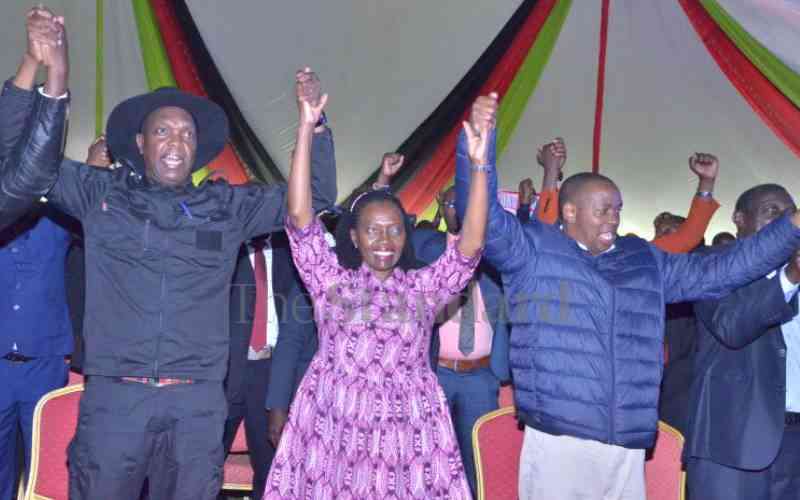×
The Standard e-Paper
Kenya’s Boldest Voice

Some politicians who rarely talk are now talking.
The one-man, one-vote, one-shilling debate is back. Simply put, resources or better tax revenues should be shared based on population and nothing else. The counterargument is that land mass matters, adding one kilometre to one shilling. Why is this debate so emotional? Remember it in the Building Bridges Initiative (BBI).







